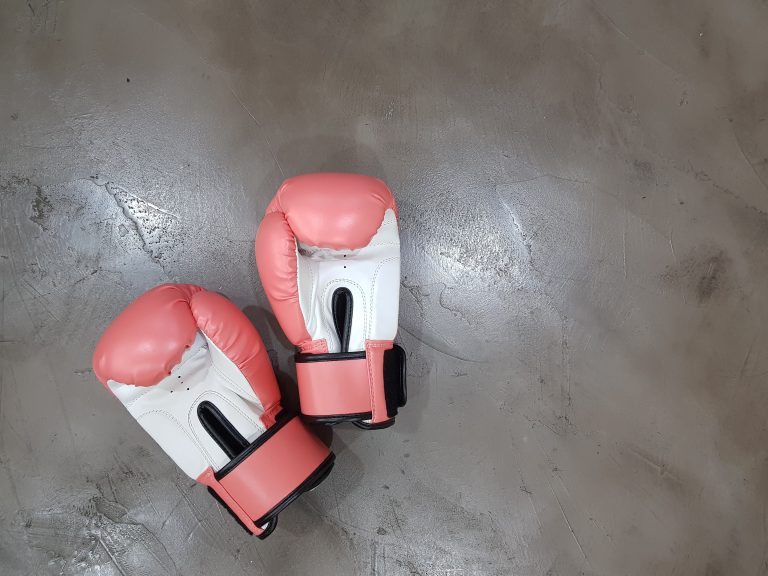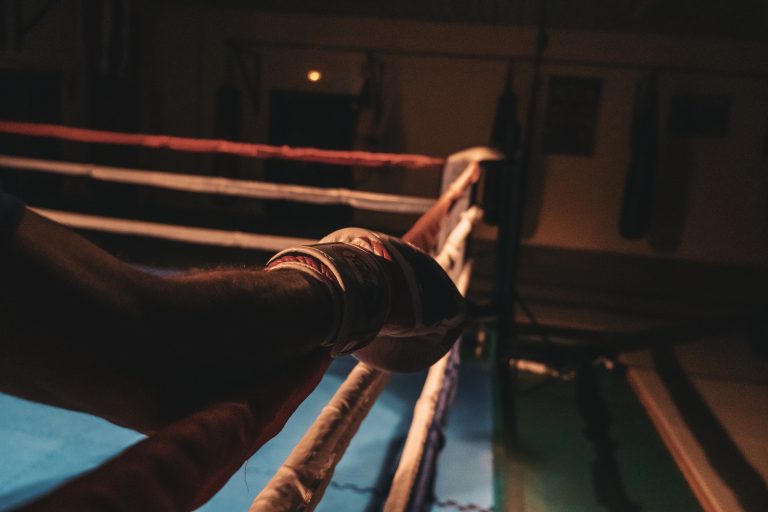Can You Break Down Through Karate Stress?
Karate is widely known for its physical and mental benefits. Practicing karate regularly can help you build strength, improve your cardiovascular health, develop coordination, and boost your confidence. However, some people worry that training in karate could also put them under a lot of stress, leading to a breakdown.
The Effects of Stress on the Body
Stress is a normal part of life, and in small doses, it can even be beneficial. However, when stress becomes chronic or overwhelming, it can have negative effects on the body, including:
- Increased blood pressure
- Heart disease
- Headaches and migraines
- Insomnia
- Anxiety and depression
- Lowered immune system function
The Role of Karate in Stress Management
While karate is a physically demanding form of exercise, it also has mental and emotional benefits that can help alleviate stress. Karate emphasizes mindfulness, discipline, and focus, all of which can help you manage stress in healthy ways. Here are some of the ways that karate can help you deal with stress:
- Breathing techniques: Karate focuses on deep, controlled breathing, which can help you calm down and reduce anxiety.
- Meditation and visualization: Many karate instructors incorporate meditation and visualization exercises into their classes, which can help you learn to quiet your mind and manage stress.
- Self-discipline: Practicing karate requires discipline and dedication, which can help you build resilience and cope with stress more effectively.
- A sense of community: Joining a karate class can provide you with a supportive community of like-minded individuals, which can help you feel less isolated during times of stress.
How to Avoid Overtraining
While karate can be an effective way to manage stress, there is always a risk of overtraining. Overtraining occurs when you push your body too hard without giving it adequate rest and recovery time. This can lead to injury, burnout, and an increased risk of illness.
To avoid overtraining, it’s important to:
- Listen to your body: Pay attention to how you feel during and after training. If you experience pain or fatigue, take a break.
- Take rest days: Allow your body time to recover between training sessions.
- Get enough sleep: Sleep is essential for recovery and reducing stress.
- Eat a healthy diet: Proper nutrition is important for fueling your body and optimizing your performance.
Conclusion
Practicing karate can be a great way to manage stress and improve your overall well-being. By emphasizing mindfulness, discipline, and focus, karate can help you cope with stress in healthy ways. Just be sure to listen to your body and give yourself plenty of time to recover in between training sessions.
Can You Break Down Through Karate Stress?
Karate is a popular martial art that originated in Japan. It involves a series of movements, techniques, and breathing exercises that aim to improve physical and mental well-being. However, many people have raised concerns about the potential negative effects of practicing karate, particularly in relation to stress. In this blog post, we aim to answer the most frequently asked questions about stress and karate.
What is stress?
Stress is a natural response to challenging situations. It is a biological reaction that prepares the body for danger, by releasing hormones such as cortisol and adrenaline. Some stress can be beneficial, as it can help us to stay focused and alert. However, too much stress can be harmful and can lead to a range of health problems, such as anxiety, depression, and heart disease.
Can karate cause stress?
Like any physical activity, karate can cause some degree of stress on the body. However, this type of stress is typically positive and can help to build physical strength, increase flexibility, and improve balance. Moreover, practicing karate can also promote mental health by reducing anxiety and depression.
How can karate help with stress?
Karate can help to reduce stress in a number of ways. Firstly, it provides an outlet for releasing pent-up emotions and tension. Secondly, it helps to promote relaxation through deep breathing exercises and meditation. Thirdly, karate can also improve self-confidence and self-esteem, which can help to reduce feelings of stress and anxiety.
What are some common techniques for reducing stress in karate?
Karate incorporates a variety of techniques that can help to reduce stress. Some of the most common techniques include:
1. Breathing exercises:
Karate emphasizes the importance of deep breathing, which can help to promote relaxation and reduce stress. Deep breathing exercises are often used at the beginning and end of each session.
2. Meditation:
Meditation is a key component of karate, and it involves focusing on your breath and clearing your mind. This can help to reduce stress and improve mental focus and clarity.
3. Exercise:
Physical exercise is one of the most effective ways to reduce stress, and karate is no exception. Regular practice can help to release tension, improve mood, and increase energy levels.
4. Self-defense:
Learning self-defense techniques can help to improve self-confidence and reduce feelings of stress and vulnerability. This can be particularly beneficial for individuals who may feel anxious or insecure in social situations.
Can karate worsen stress?
While karate is generally considered to be a positive activity for reducing stress, it is possible for it to worsen stress in some cases. This may occur if an individual is injured during practice, feels overwhelmed or intimidated by the training, or experiences personal conflicts with other members of the group.
How can you ensure that karate does not worsen your stress?
There are several steps you can take to ensure that karate does not worsen your stress levels. Firstly, it is important to choose a reputable instructor who is experienced and qualified to teach karate. Secondly, make sure to communicate openly with your instructor and let them know if you are experiencing any physical or emotional discomfort during training. Finally, always listen to your body and take a break if you feel you need one.
Conclusion
In conclusion, karate can be a positive activity for reducing stress and promoting overall well-being. With the right approach, it can help to improve physical and mental health, reduce anxiety, and improve self-confidence. However, it is important to choose an experienced instructor, communicate openly, and take breaks when necessary. By following these guidelines, you can ensure that karate remains a safe and beneficial practice, even for individuals who are prone to stress.
Inhaltsverzeichnis






